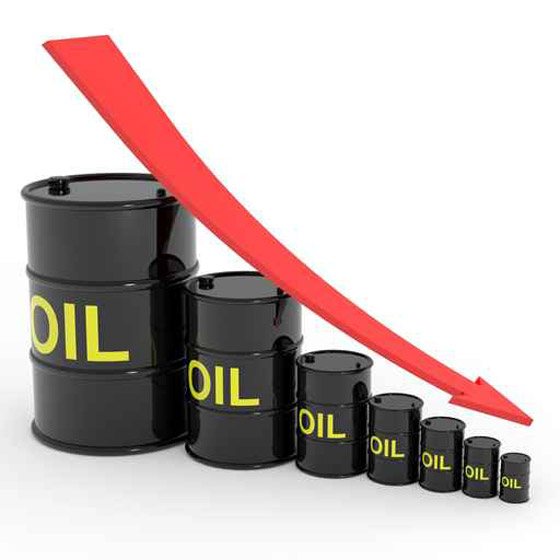The new strategy of the U.S. administration seeks to reduce federal budget deficit by slashing defense spending which requires both the withdrawal from Iraq as well as the reduction of dependence on Middle Eastern oil. This is precisely what the new strategy has achieved in recent years as the U.S. managed to cut its energy imports from Gulf countries in addition to reducing its military budget to almost three per cent of GDP for the 2015 fiscal year. These figures nearly amount to the same proportion of defense spending during the Clinton era following the collapse of the Soviet Union before skyrocketing to 8 per cent of GDP during George W. Bush’s presidency. The current reduction would not have been feasible if it hadn’t been for the repositioning of U.S. troops which included the withdrawal from Iraq and the re-enforcement of the military presence in the region of the Pacific. The U.S. army also adopted a new military strategy grounded on encirclement and sanctions (starvation), the employment of drones and use of surveillance (evidenced by the NSA). The question that begs to be asked, then, is why has the U.S. discovered ISIS all of a sudden and sent its troops back to the battlefield? Has the U.S. changed its strategy and alliances? And what’s the relation that oil bears to all of this?
English
Oil and U.S. foreign policy in the Middle East
The new strategy of the U.S. administration seeks to reduce federal budget deficit by slashing defense spending which requires both the withdrawal from Iraq as well as the reduction of dependence on Middle Eastern oil. This is precisely what the new strategy has achieved in recent years as the U.S. managed to cut its energy imports from Gulf countries in addition to

From the same author
U.S.-Israeli relations and money laundering
Chibel El-Sabeh 2015-03-29
The hegemony of the United States nowadays relies less on direct force and more on technology through spying and monetary power through imposing sanctions on states and individuals. Sanctions...
Do oil, religion hinder Arab revival?
Chibel El-Sabeh 2014-09-03
The Arab Spring has made prominent a number of phenomena that find their roots in the distinguishing features of the region, especially the Arab Levant. These features are religion (and,...
IMF, Gulf Loans Are a Trap For Non-Oil States
Chibel El-Sabeh 2012-12-19
The International Monetary Fund has returned to the forefront to play a bigger role than ever in the fate of Arab non-oil producing countries. Its advice and terms were partly...

